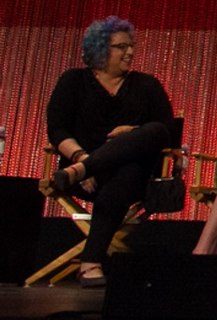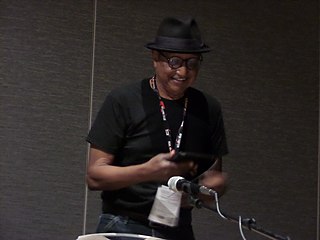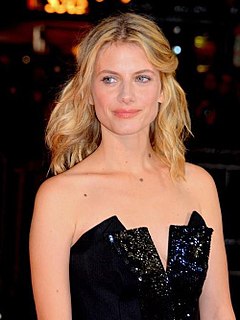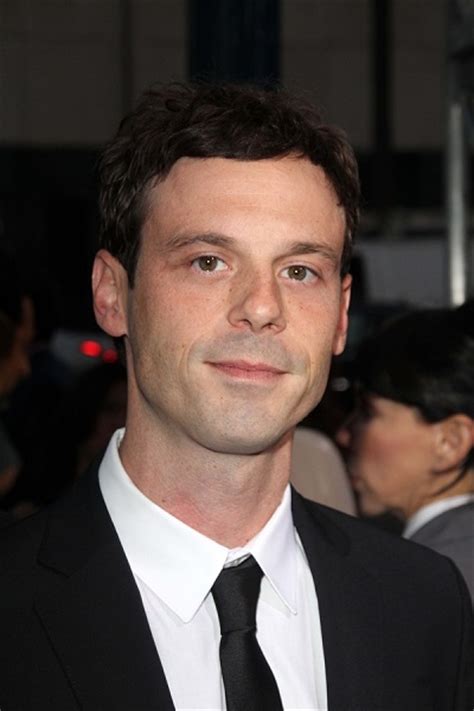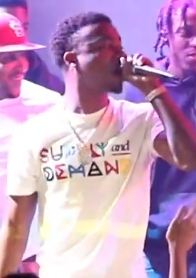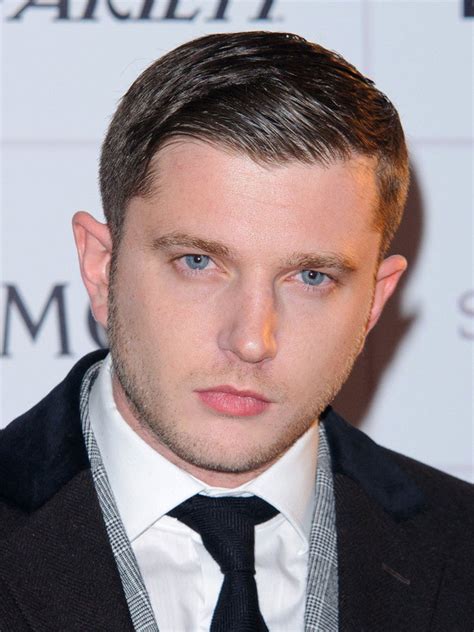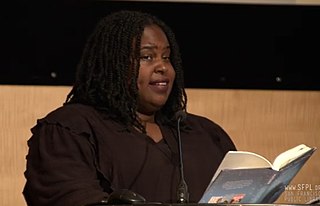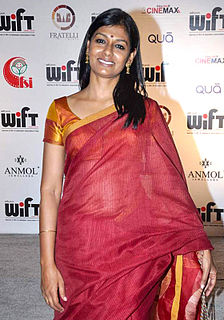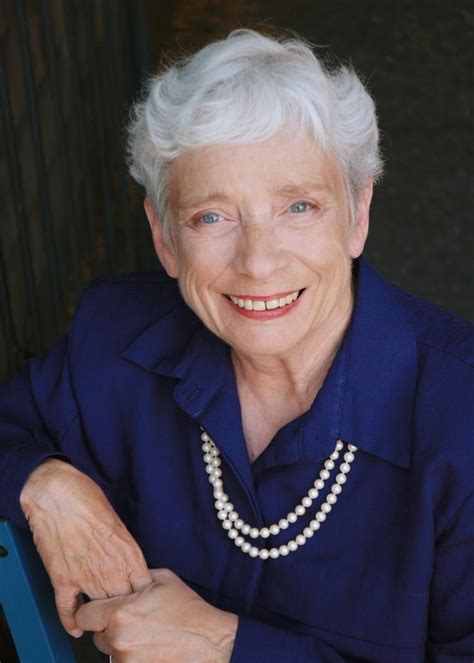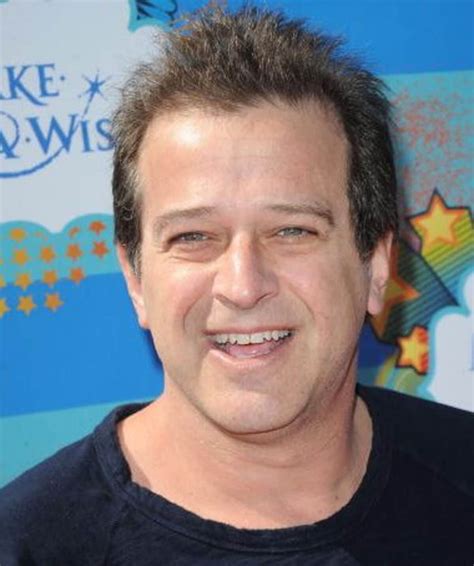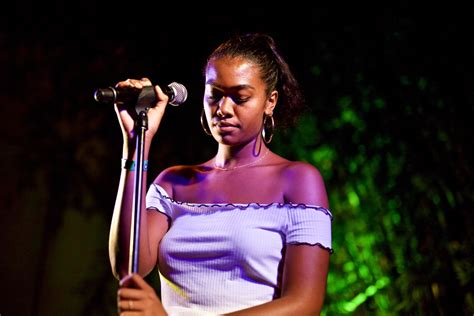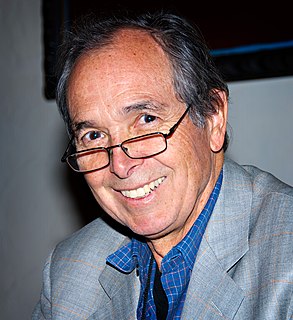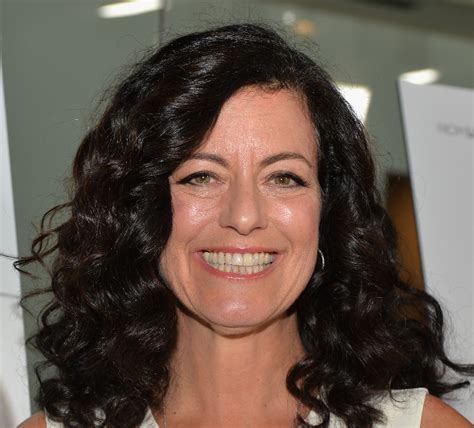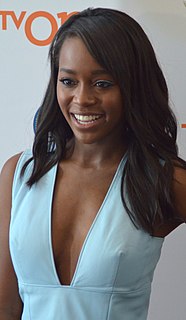Top 1200 Stories Quotes & Sayings - Page 18
Explore popular Stories quotes.
Last updated on December 25, 2024.
In luggage claim at the Minneapolis airport, the guy came up to me and said, "Maybe you're wrong, maybe stories do matter." I wrote that on a scrap of paper and put it above my desk. That was the thing that pushed me through to the end of telling Despereaux, that comment, "Maybe they do...maybe stories matter."
Most of the complexity of the stories has developed as the stories came along (and may be a product of the principle that "nothing is what it seems"). I did start with some essential ambiguousness in the aliens' motivation and the questions this raises in human minds, which I consider to have been disregarded in Contact (novel and film). That, in part, may be what has delayed the writing of the fifth and sixth novelettes in the series.
If you go to a network and say, "I wanna do prison stories about black women and Latino women and old women," you're not gonna make a sale. But, if you've got this blonde girl going to prison, you can get in there, and then you can tell all the stories. I just thought it was a terrific gateway drug into all the things I wanted to get into.
It has been suggested that Tiptree is female, a theory that I find absurd, for there is to me something ineluctably masculine about Tiptree’s writing. I don’t think the novels of Jane Austen could have been written by a man nor the stories of Ernest Hemingway by a woman, and in the same way I believe the author of the James Tiptree stories is male.
I don't want to play myself up as a hero, because it would make me unbelievable. I'd rather settle for people thinking that I'm a bum, but digging my stories, than liking me and not being able to believe in my stories. That's one reason I've been hard on myself, because I want my stuff to be believable.
One could even argue that we have a duty to create and pass on stories about choice because once a person knows such stories, they can't be taken away from him. He may lose his possessions, his home, his loved ones, but if he holds on to a story about choice, he retains the ability to practice choice.
Whatever job I had, I was always writing like crazy. All I ever liked about offices was being able to type up stories on the computer when no one was looking. I was never paying much attention in meetings because I was usually scribbling bits of my latest stories in the margins of the pad or thinking up names for my characters. This is a problem when you're supposed to be taking minutes of the meeting.
You can use your means in a good and bad way. In German-speaking art, we had such a bad experience with the Third Reich, when stories and images were used to tell lies. After the war, literature was careful not to do the same, which is why writers began to reflect on the stories they told and to make readers part of their texts. I do the same.
The Anansi stories were in my life because they're not just 'Br'er Rabbit and the Tar-Baby in the Briar Patch,' they're stories from Jamaica and Africa that my mum used to tell us when we were kids. So I learned about Anansi being not just a spider, but also a weird god-like figure since I was little.
What I love about Neill's Blomkamp work is that his stories are small human stories. But what's interesting about Neill's movies is that they're set in the future but they're so incredibly timely that it feels like maybe in the present in the next dimension. It feels like it's happening now. The universe is very recognizable, in many ways.
Very early on, I was writing stories, and I was amazed at Spielberg's movies when I was young. Coming from the countryside, I was so impressed with the way he was able to tell stories and the way he was able to deal with le merveilleux - the wonders. Very quickly, he became for me a massive hero, and he introduced me to the world of a director.
Everyone likes to tell stories. And gossip is, of course, even more exciting, if you know the people. But if the gossip's about yourself, it's very weird. They once wrote about me that I had been clubbing with some guys. At the moment I'm a victim and that hurts because it's not me who does something like that. Such stories are just unfair.
I just like good stories. I like really interesting scripts, I love really great filmmakers. And I'm open to all genres and all stories. But, there's certain ones that attract me, and I don't really sort of look at what I think is going to be successful, I look at more so, you know, is this what I want to do regardless of what everybody else thinks?
While many alternate reality stories ask, 'What might have been?' parallel universe stories literalize the war between good and evil that plays inside each of us every day. It's what makes this type of story so perfect for many fantasy tales: we're all just a coin flip away from being entirely different people.
As I experience life, my music is gonna evolve. At the same time, I still do tell the stories from my world because there are unlimited stories and unlimited people from that place. I'll always represent them. As my life begins to change and I do different things, I still want to be able to tap in and relate to them.
I found very early on when I became a hip-hop artist that I loved telling stories. Actually, when I was trying to get a message across it was more powerful when I told a story, rather than if I used a metaphor or if I preached about an issue. And through doing that I realised that actually these stories were very visual in my head and I couldn't wait to make the videos.
There is a certain embarrassment about being a storyteller in these times when stories are considered not quite as satisfying as statements and statements not quite as satisfying as statistics; but in the long run, a people is known, not by its statements or its statistics, but by the stories it tells.
In my work, there is a lot of storytelling. The storytelling is not a new thing. Back in the [Howard] Thurston days, the [Harry] Houdini days, the [Harry] Blackstone days, it was stories, but the stories were, "We're going to the Egyptian temples, and we're going to vanish the Prince of Thebes," and, "On my last trip to the Orient ..."
I chose philosophy because it sounded like something I ought to be interested in. I didn't know anything about it, I didn't even know what it was talking about. What I really spent my time doing in those years was writing short stories. There were all sorts of interesting courses, but what I really wanted to do was make stories one way or another.
In a one-hour documentary, you can tell maybe ten stories. That's how the documentary is structured. I wrote to forty of the greatest historians of both African and African-American history, and hired them as consultants. I had them submit what they thought were the indispensable stories, the ones they felt this series absolutely had to include.
We are opinionated society. We're very happy to spout forth our own views; we're not good about listening. We have to listen to other's stories. Learn to listen to the stories of the terrorists just as we hope that they will listen to ours because very often these narratives express frustrations, fears, and anxieties that most societies can safely ignore.
Once I became an adult and started to pursue writing as a professional career, I realized my main characters were always young people. My stories naturally center around children and teenagers. I think it's because I have worked with youth for about twelve years. The pains and joys of adolescents are moments I witness on a daily basis, so their stories are always with me as I write.
The delight in gambits is a sign of chess youth... In very much the same way as the young man, on reaching his manhood years, lays aside the Indian stories and stories of adventure, and turns to the psychological novel, we with maturing experience leave off gambit playing and become interested in the less vivacious but withal more forceful manoeuvres of the position player.
What on earth did you say to Isola? She stopped in on her way to pick up Pride and Prejudice and to berate me for never telling her about Elizabeth Bennet and Mr. Darcy. Why hadn't she known there were better love stories around? Stories not riddled with ill-adjusted men, anguish, death and graveyards!
I just think of myself as a writer. Yes, I'm a woman. And I'm a writer. The main challenge is that I like to write stories about young women, and society doesn't place much of a premium on young women's stories. And I think that's why I gravitate towards it. I really honor that, and I treasure that time, and they should be given that respect.
What I really love is modern political history. I love the research process, whether it's digging through old newspaper stories, artifacts from election campaigns or TV stories and being able to recreate moments in history that - when you look back at them now - you can get to that question of how did we get here.
As a parent with young children, I would always find little things that bothered me when I was reading bedtime stories or watching shows or listening to children's music. I couldn't find any stories, games or television shows that were fun and exciting while also being morally instructive and patriotic.
I've heard stories of other people that are similar stories to me - their mother or father passing away. People have come out to me on Instagram. It's amazing that they can tell me and confide in me. I always want to take the time and write these long messages telling them how much that means to me.
I didn't get into Tupac [Shakur] until a little later, once I started understanding rap and people's stories. Eminem was the first rapper that I actually started dissecting the lyrics, and once I got attached to his stories, then I started listening to Dr. Dre, then Snoop 'cause they were all under one camp.
The table is the number one place we pass on family stories and it's the knowledge of where your family came from that helps build self-esteem and resiliency in kids. When we stop having dinners, we stop passing on those stories. And, of course, when you make food at home you actually know what's in the food you are eating. It is the healthiest, greenest thing you can do!
After graduation, I wanted to work for 'Sassy', which I loved, but it had folded. So I wound up at 'Seventeen' for three years on staff and two as a contributor, and I wrote these great stories that nobody ever believes 'Seventeen' does. Serious stories for teens about social justice issues - gun control, migrant farm workers.
I'm a teller of stories. I put bloody skins on my back and dance around the fire, and I say what the hunt was like. It's not erudite; it's not intellectual. I sail, run dogs, ride horses, play professional poker, and tell stories about the stuff I've been through. And I'm still a romantic; I still want Bambi to make it out of the fire.
People ask me if there are going to be stories of Harry Potter as an adult. Frankly, if I wanted to, I could keep writing stories until Harry is a senior citizen, but I don't know how many people would actually want to read about a 65 year old Harry still at Hogwarts playing bingo with Ron and Hermione.
Patti Callahan Henry’s THE STORIES WE TELL is a lyrical exploration of love and longing, secrets and suspicion, family and friendship, all told with the author’s trademark insights into the hollows and curves of the heart and mind of a working woman who must balance the demands of motherhood, wifedom, sisterhood, and yes, the deepest cravings for artistic expression. I always love the stories PCH tells!






